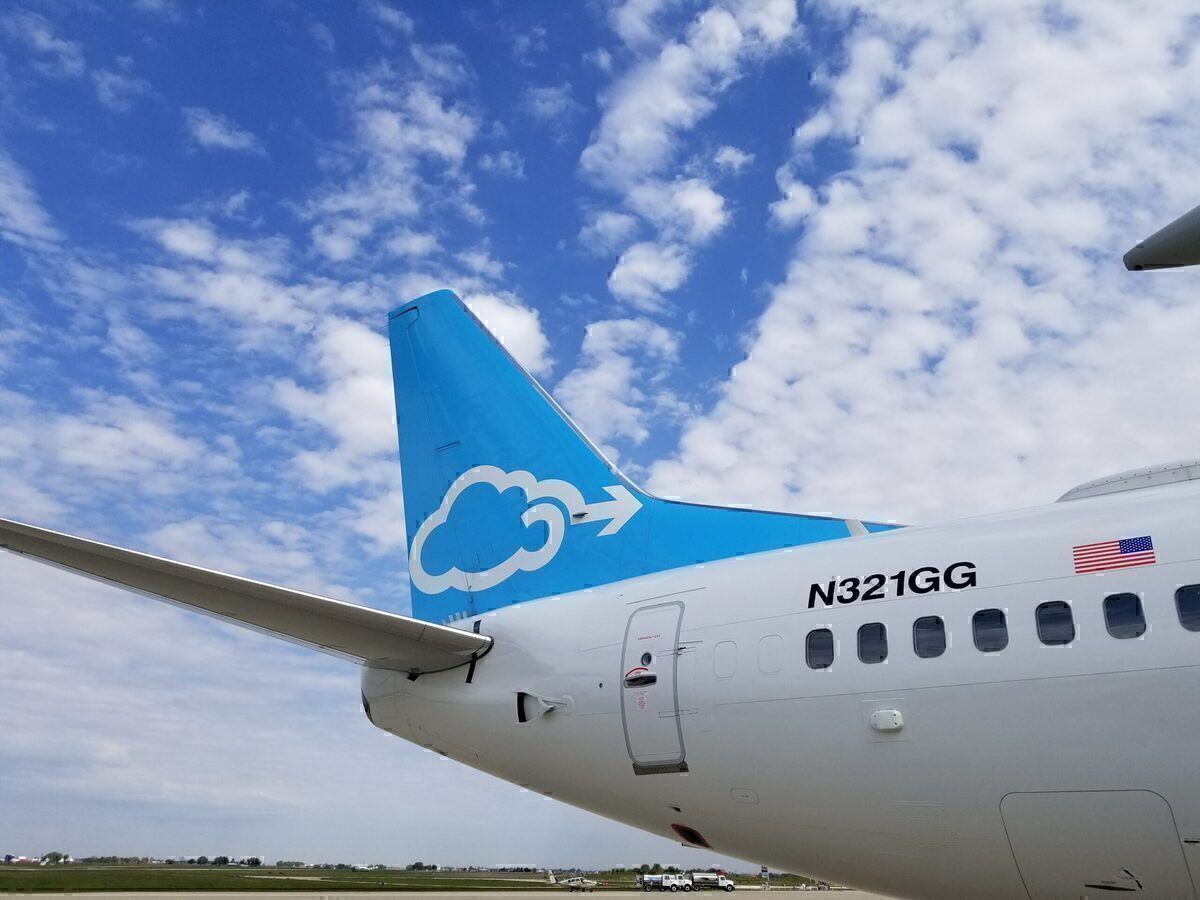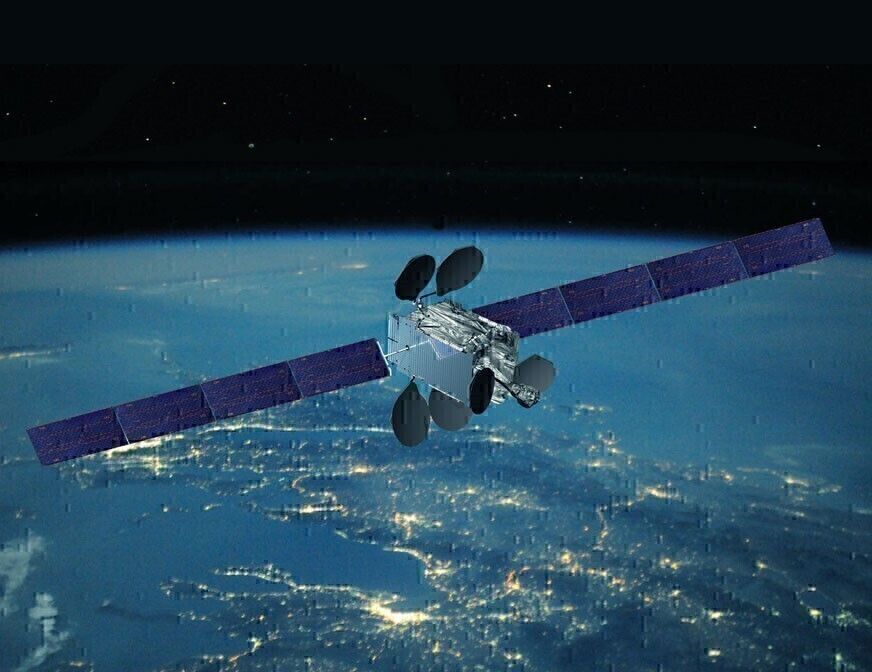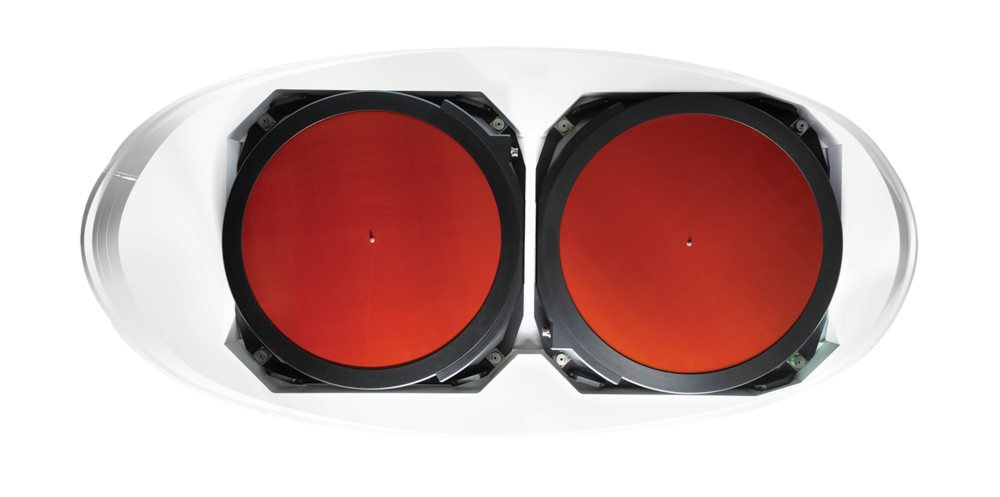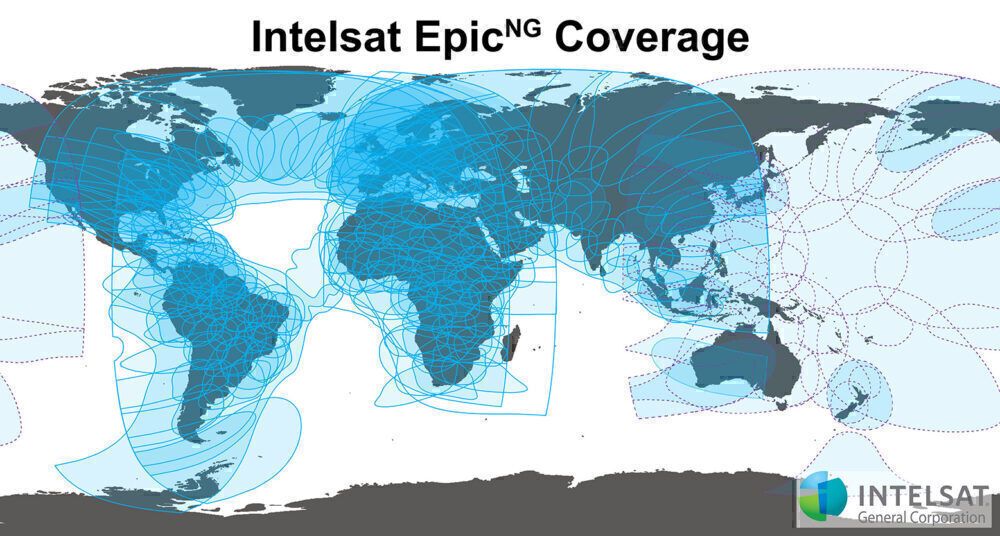The impact of the pandemic has seen some big changes in the inflight connectivity space. Companies have shrunk, and bankruptcies have taken place as providers struggle to stay afloat. It came as no big surprise that Gogo was encumbered and forced to sell off its commercial aviation arm. But will the purchase by bankrupt satellite operator Intelsat mean better services for passengers? Let's take a look.
Relieving the debt burden
One of the biggest moves in the inflight connectivity space this year has been the sale of leading IFC provider Gogo’s commercial airline division. Liquidity issues forced the company’s hand in the deal, selling the arm to Intelsat at a fire-sale price.
Intelsat itself recently filed for Chapter 11 bankruptcy protection but had positioned this move as a positive outcome, allowing it the time and breadth to restructure itself financially. At the time, CEO of Intelsat Stephen Spengler said that,
“Our success has come despite being burdened in recent years by substantial legacy debt. Now is the time to change that.”
The unburdening of its debt left Intelsat free to benefit from a refarming of spectrum in the US, but seemingly also in a position to take on Gogo’s commercial aviation arm for just $400 million. What does this new partnership mean for airlines, and can passengers expect a better inflight WiFi service as a result?
Why Intelsat bought Gogo
In a recent interview for Capacity Media, Spengler discussed the move to buy Gogo and what it will mean going forward. He said the deal is a strategic transaction that will add long-term value to his business. He noted that the inflight connectivity sector was expected to grow by double digits annually for the next decade and that Intelsat was keen to be a part of that growth.
The purchase will create what Spengler calls the ‘number one vertically integrated IFC provider in the world’. He noted that the combination of Intelsat’s global network and Gogo’s onboard antenna technology will make for a powerful partnership and meaningful enhancements to service capabilities.
The Intelsat CEO is targeting a ‘living room-like’ IFC experience for airline passengers, something that has largely been out of the reach of airlines to date. While avoiding expanding on any specific future plans, given that the Gogo transaction will not be finalized until Q1 of 2021, he stated that there is a firm belief that the partnership will see uptake by airlines all over the world.
Can passengers expect better inflight WiFi?
In terms of access, the deal with Intelsat will absolutely bring better WiFi connections for Gogo’s airline passengers. To date, Gogo has leveraged its ground-based ATG network to provide connectivity across contiguous North America while supplementing that with satellite connectivity from SES and Intelsat.
Going forward, Gogo will maintain ownership of its ATG network but will lease capacity to Intelsat. The ATG system is due an upgrade in 2021, which will bring 5G capabilities to the network and add capacity for passengers. On the satellite side, we could see Intelsat pointing more capacity at Gogo equipped planes, as it strives to please its new airline customers and acquire more business in the sector.
However, Intelsat needs to remember its other customers too. It has deals in place with Global Eagle and Panasonic Aero, which must not see a detriment due to this new deal. John Wade, Gogo’s president of Commercial Aviation, is confident the overall outcome will be positive for everyone, telling Aviation Today,
“Intelsat has a great repertoire of satellites that give it global access. With its planned roadmap to the future, that's only going to get stronger and better. That means we're going to be able to bring very competitive, very high caliber, high service level in-flight WiFi to the world's airlines.”
The acquisition is due to wrap up early in 2021. From there, we’ll have to wait and see if the partnership does indeed deliver on its promises.




